When you listen, you give one a sense of importance, hope, and love that he or she may not receive any other way. Through listening, we nurture and validate the feelings one has, especially when he or she experiences difficulties in life.
Kim is the quintessential listener, whether as a Women’s Resource Center (WRC) Peer Resource Advisor (Peer Advisor) or Mentor.
In June 2014, Kim started volunteering as a Peer Advisor. Since then, she has been nurturing hope—and more importantly—helping clients create a plan that turns chaos into action. In 2016, she expanded her volunteer role and began to mentor clients who were seeking career changes and participating in the employment programs at the WRC.
“My favorite part of being a peer advisor is helping women determine their transitional paths. I see my job as affirming our clients’ choices and their new directions. One of the the most important services the WRC provides is nonjudgmental listening.”
What’s critical for Kim is that “. . . people may forget what you say. But they will never forget the way you made them feel.”
Kim thrives as a peer advisor and mentor. She recently provided the “moment for mission” at a WRC board meeting, and you could feel the passion she has for helping the women in our community. Our CEO, Ashley Brown, recalls a particular comment that Kim made that uplifted the entire board, “If the WRC didn’t exist, we would have to create it! We make a difference in our clients’ lives every day.” It is that passion and commitment that makes Kim an effective peer and mentor to her clients at WRC.
Aside from Peer Advising and Mentoring, Kim is a reading tutor at Gulf Gate Elementary School. She also tutors at the Literacy Council of Sarasota, teaching adults for whom English is a second language.
During her “free” time, Kim takes advantage of the YMCA and the Lifelong Learning Academy affiliated with the Ringling College. Avid arts participants, she and her husband are season ticket holders at the Asolo Repertory and Florida Studio theatres and the Westcoast Black Theatre Troupe. She and her boogie board also “enjoy” riding the waves at Siesta Key Beach.
Upon retiring from both the public and private sectors in the Twin Cities area of Minneapolis/St. Paul, MN, Kim decided that her city government experience and telecommunication-journalism expertise would be an asset in her future volunteer endeavors. “My interests include building and enhancing the community.” Those interests are being realized when the WRC client walks through the door. When Kim is asked whether she taps into her impressive career, she says, “It’s more about attitude and problem solving. You need to stand back and see the entire life vista.”
Kim expands on factors she feels are vital in making a Peer Advisor effective:
- Assessing efficiently and compassionately the primary reason for the visit.
- Assuring the client that they have the tools to help themselves and that they are already halfway to their destination by virtue of sitting in her chair and asking for help.
- Jointly developing a “roadmap,” a one-page set of action steps, the client will implement as a result of consultation.
“We generally have one hour in which to listen and learn of the client’s reason(s) for the visit. This hour is broken into approximately three 20-minute segments.”
- The first 20 minutes comprise introductions, which are paramount. According to Kim, “The client must believe that the Advisor will protect their confidentiality, is listening without judgment, and wants to help them move from their current state to their desired state.”
- Critical listening fills the next 20 minutes, when the Peer Advisor attempts to discern from the client’s story what their challenges are and how they might address them. In Kim’s experience, the Big Three are related to housing, divorce, and employment.
- The remaining time is building that roadmap, based otn available community resources so that the client can move forward.
“During the first 20 minutes, the Advisor must listen with her head and her heart. It’s important to recognize that clients have a wide range of ‘efficacy.’ High-functioning clients may demonstrate a strong ability to solve their own problems. Others may demonstrate a much lower skill level of diagnosing those behaviors or patterns that have presented challenges. Pay attention to body language, especially eye contact, which can also indicate quality of emotional and physical health.”
Kim continues. “Many clients appear to suffer from various emotional challenges, exacerbated by a lack of sleep, unresolved traumas, or recurring patterns related to medical, psychological, and familial issues that are difficult to interrupt.”
“It always comes back to listening—not commiserating—and certain necessities take priority: Is the client in danger of losing her housing or is she already homeless, for example. Focus on finding a safe place first. Perhaps she’s been in a long-term abusive relationship. In this case, she may need to learn what rights she has to protect herself and possibly minor children. As an Advisor-Mentor, I find that employment is critical, especially for those women new to the area.”
When asked what’s been most challenging, Kim says that it’s imperative not to impose your solutions.
“I didn’t think one of my clients had the stamina to start a new job because of physical and emotional limitations. Although I had suggested she be evaluated first by a physician, that wasn’t her first step. Instead, she believed a new job would help her feel better. Not dwelling on what I thought would be the answer, we quickly transitioned to job possibilities.”
Kim is emphatic when she says, “I always want to leave the client with one key thing they may not have had when they made their appointment, which is hope and a plan. The plan that is developed during the advisor meeting is an important first step toward a new future.”
Client testimonials abound as to how Kim has helped transform bleak presents into promising futures:
“I am pleased to report, after many curious misadventures, that I am officially employed doing curriculum enrichment (aka “activities”) at an assisted living facility . I’m grateful to all who have encouraged me in this most interesting quest—with a particular shout out to the skillful saints at The Women’s Resource Center.”
Another client says, “I was offered the job. . . . All your hard work paid off. It’s not enough to say thank you. I only hope you know how very appreciative I am to you.”
All of these success stories started with the first appointment, and our Peer Advisors like Kim help pave that path to empowerment.
Peer Appointments are available at any of our three centers. If you know someone who needs a little help, please encourage them to connect with us 941-256-9721. If you are interested in a rewarding volunteer opportunity, please reach out to us at volunteers@mywrc.org.
By: Sandy Chase

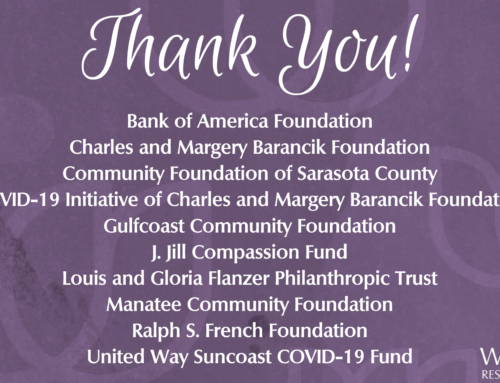

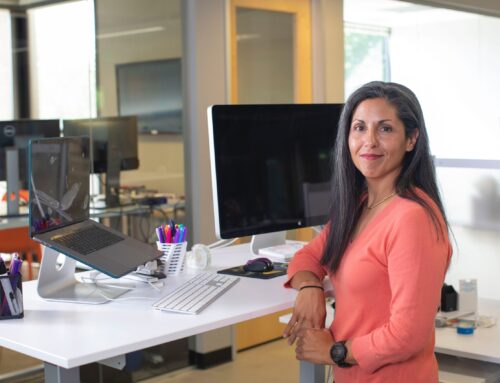
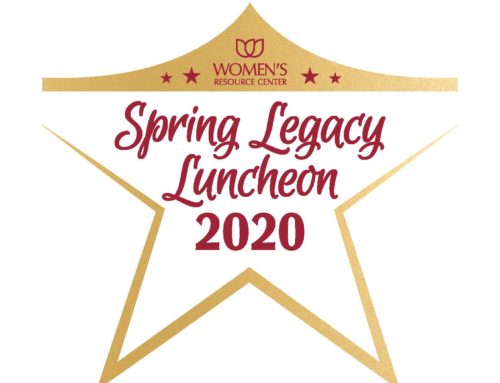
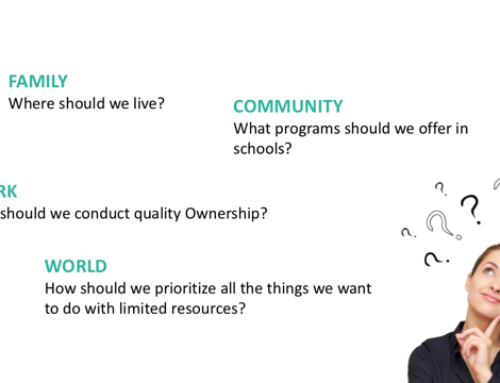



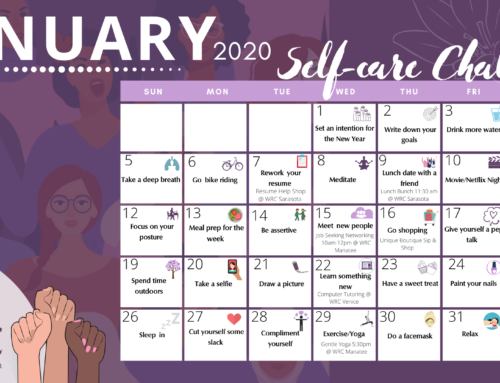
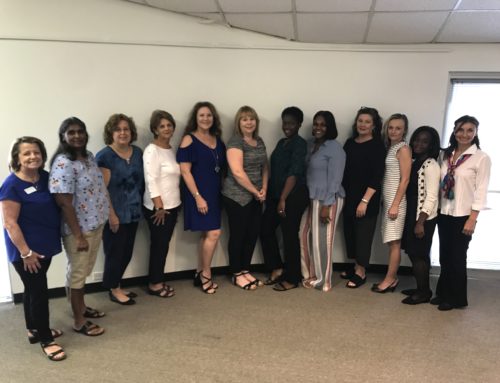
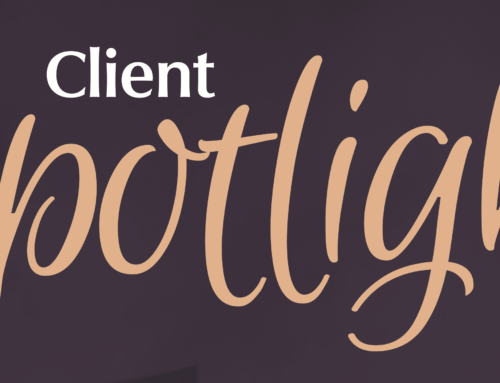
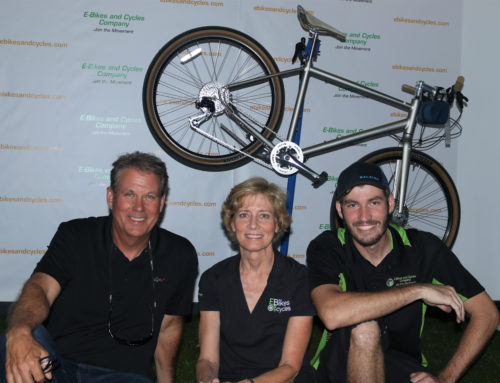
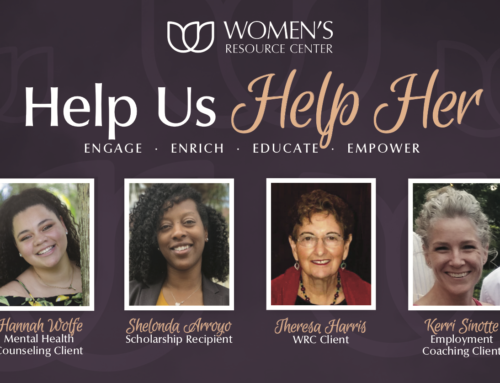

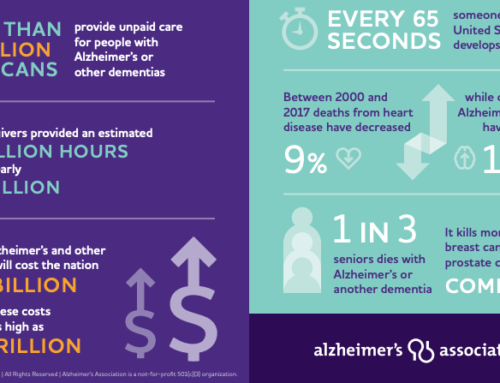


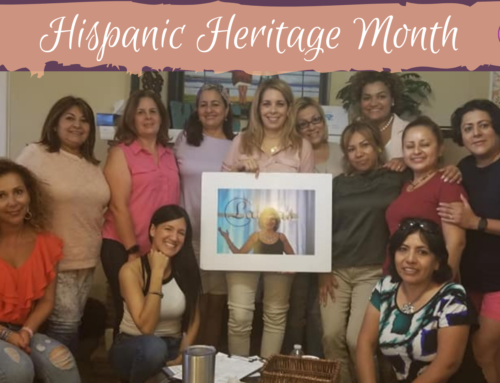

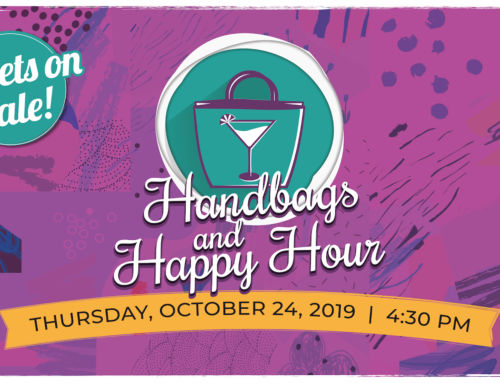
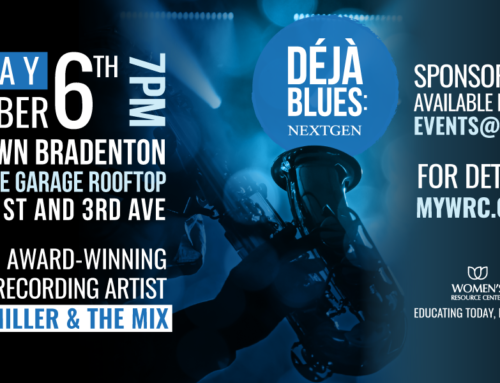
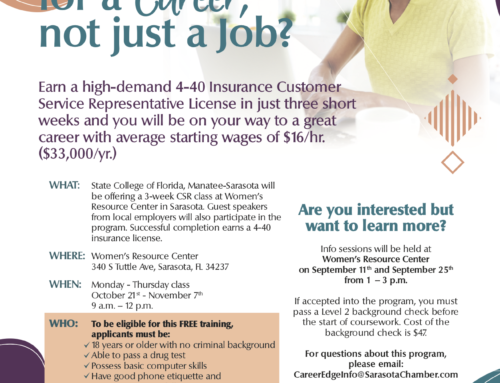
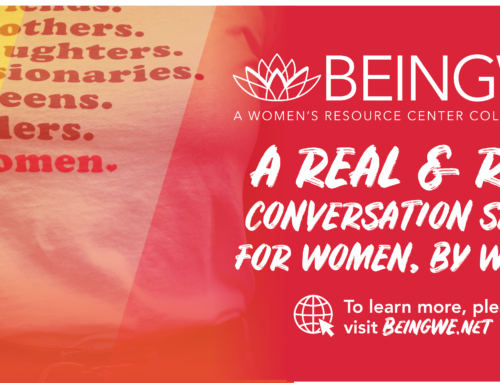


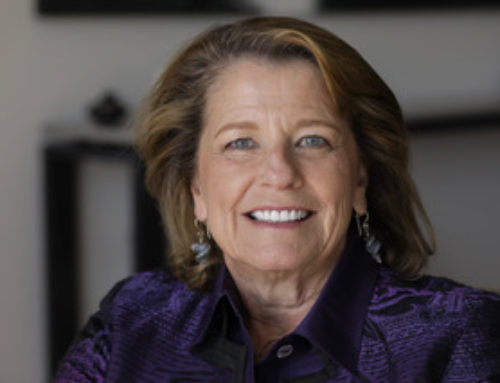
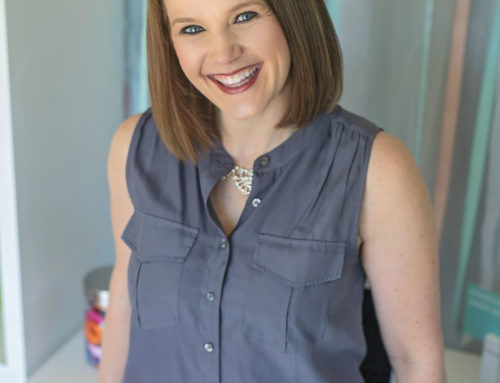


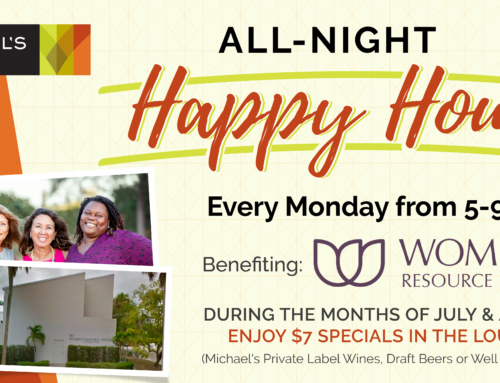





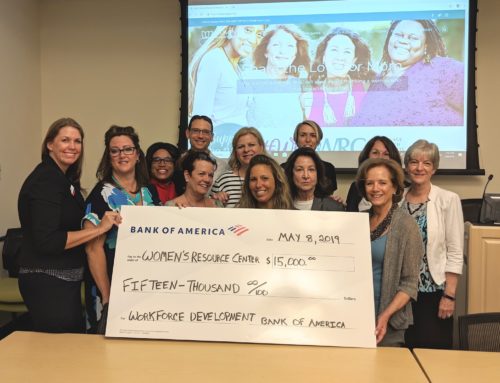

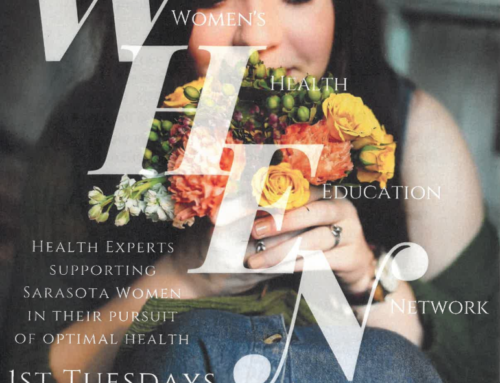






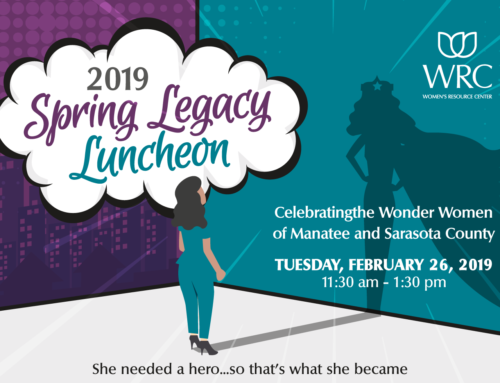

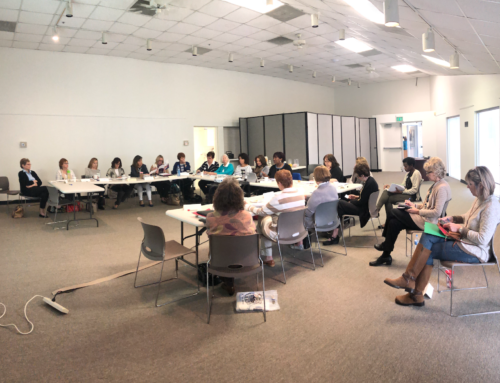


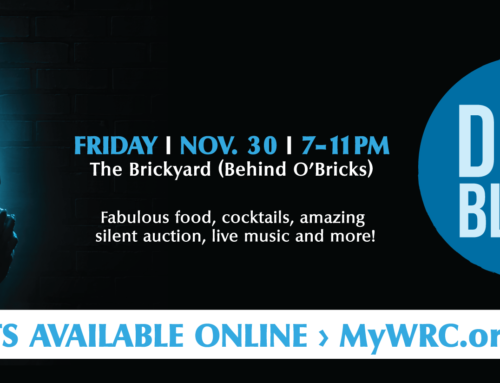


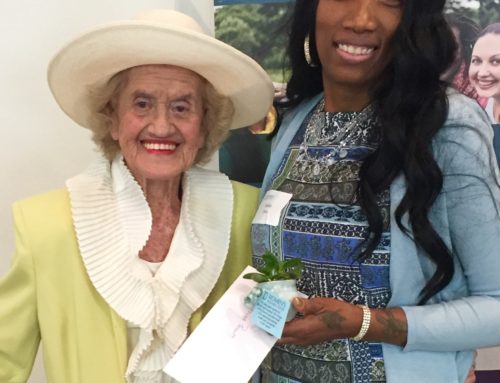

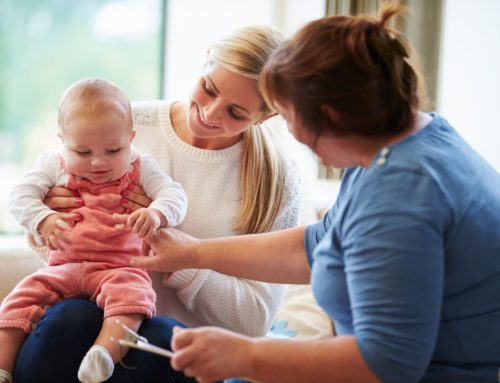
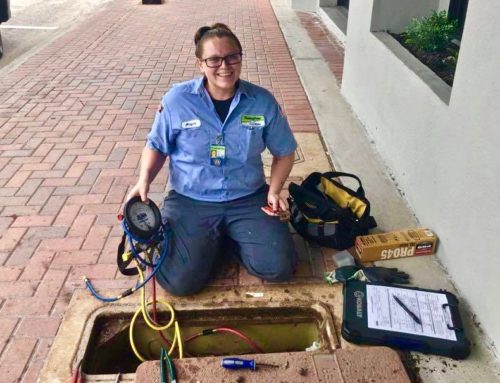

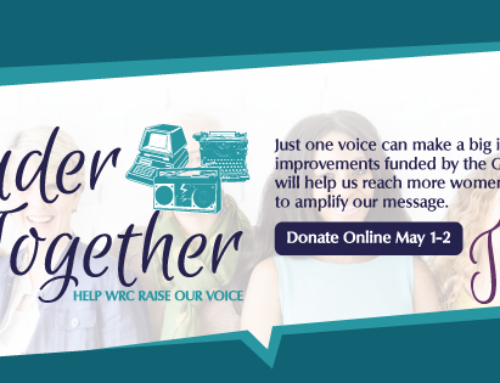


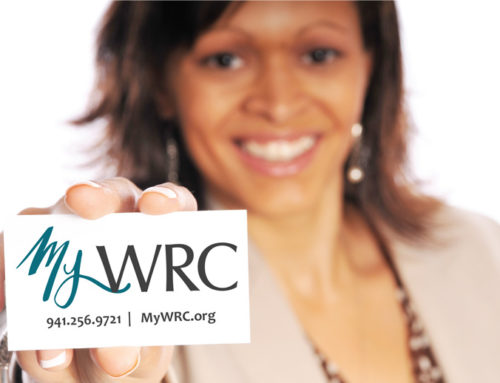
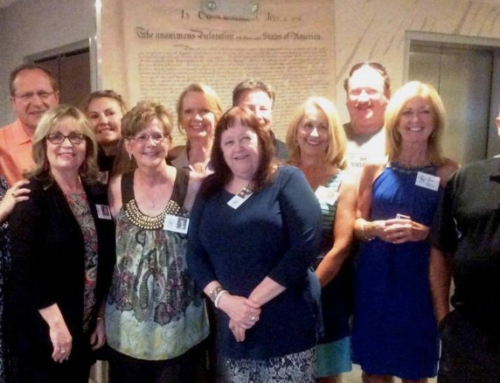
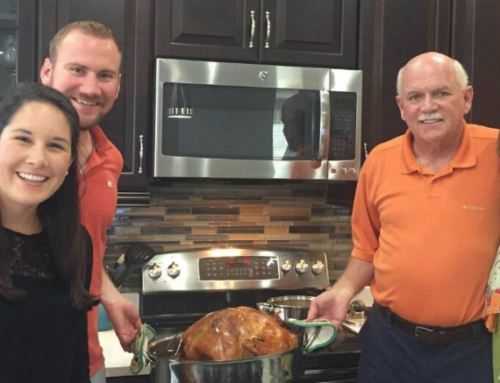

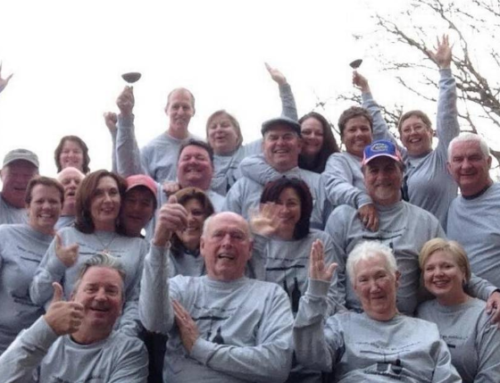


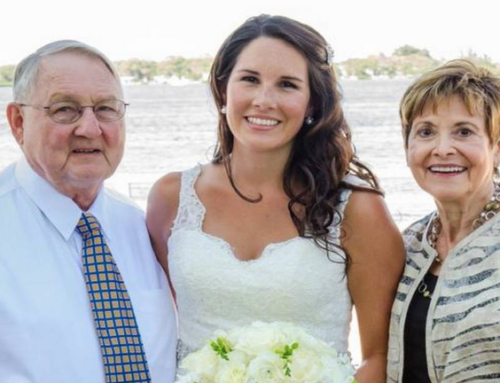
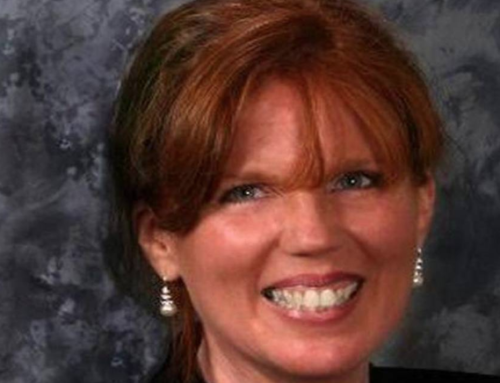

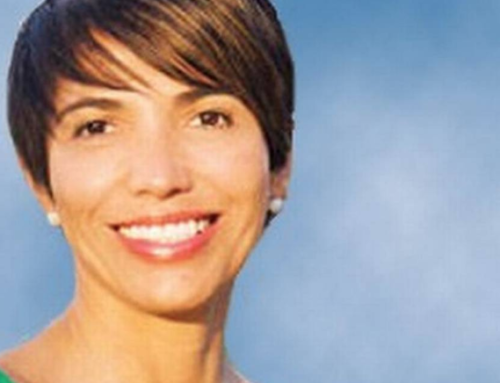
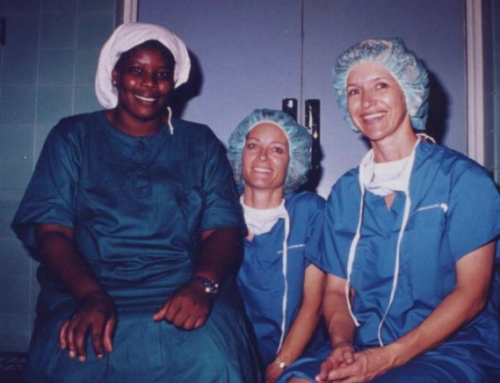
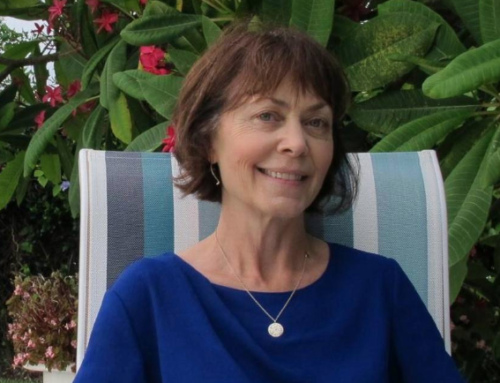
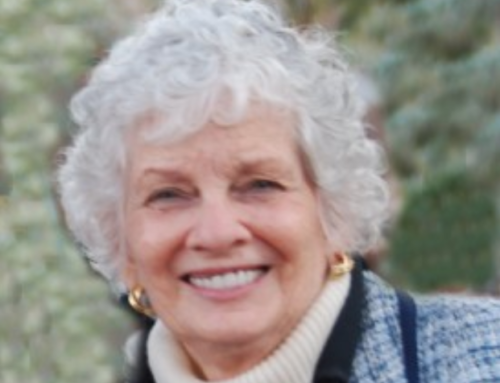
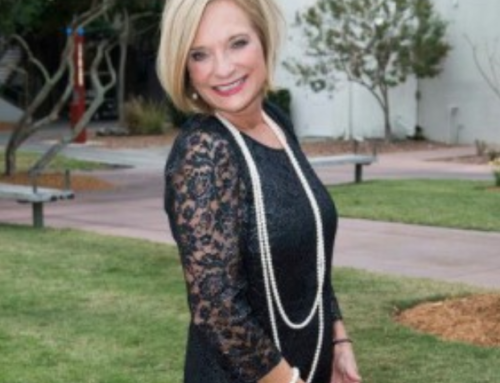
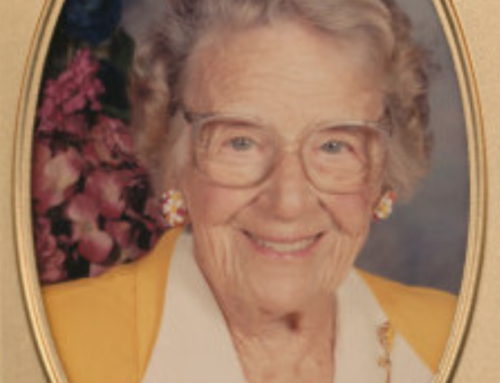
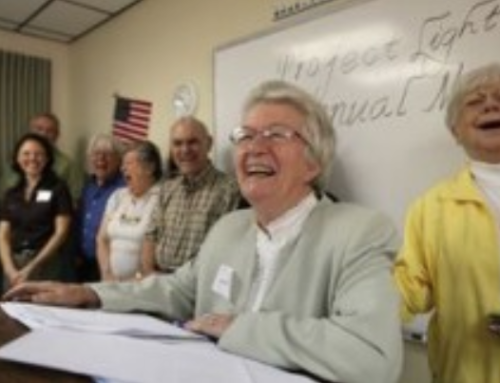
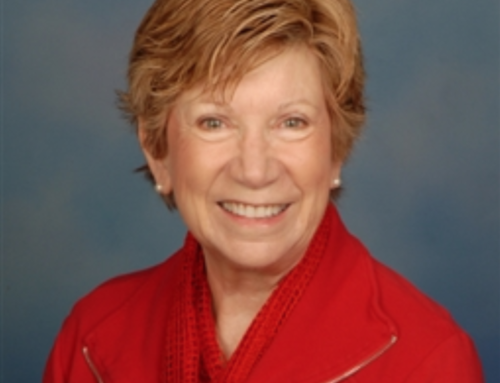
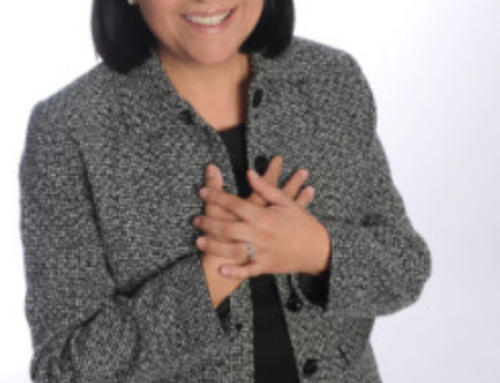
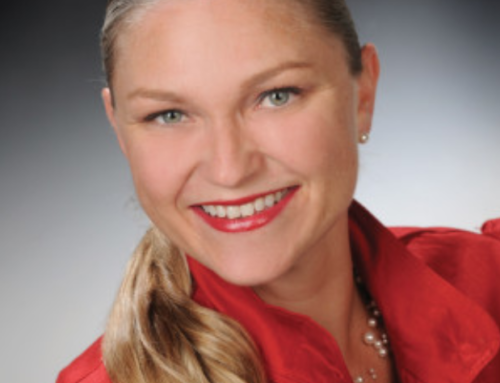
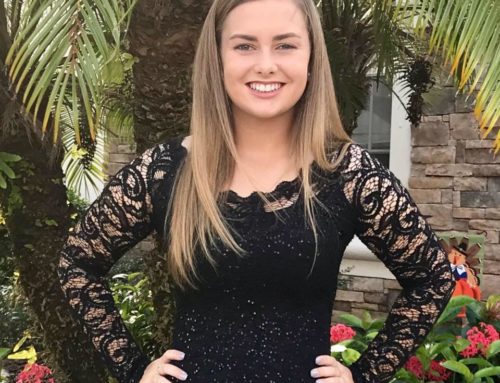

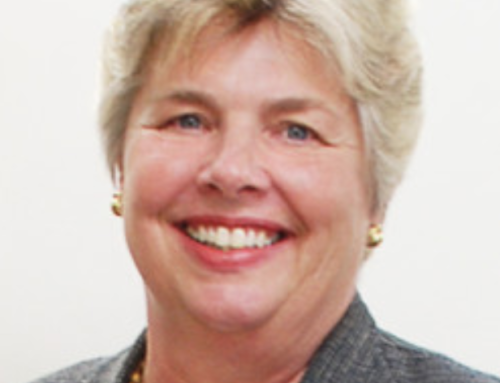
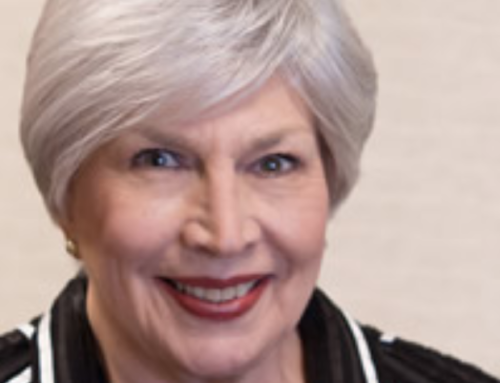
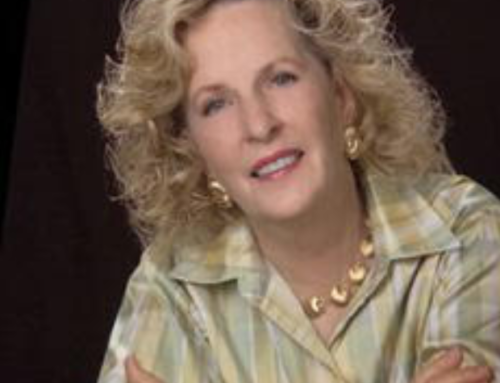

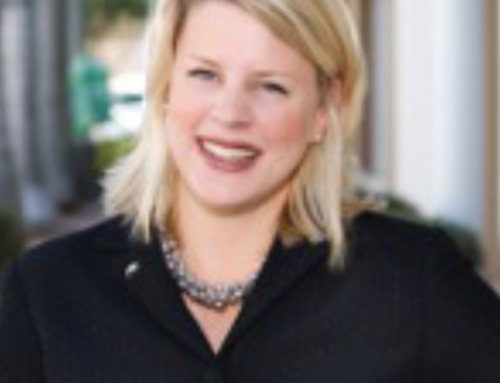
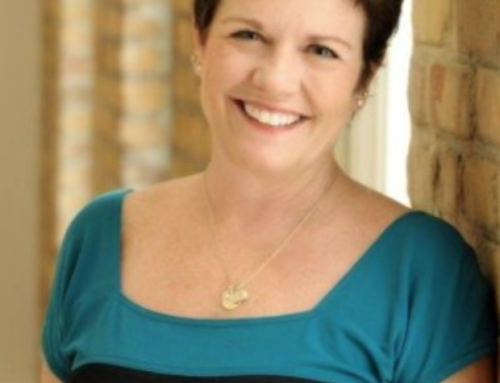
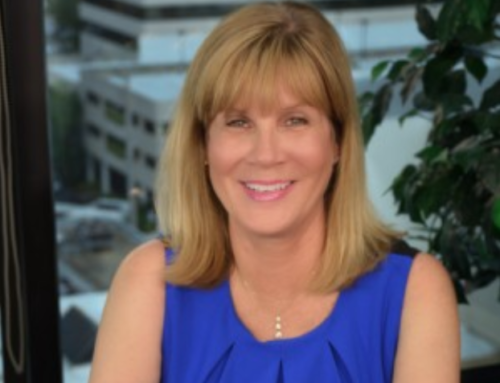

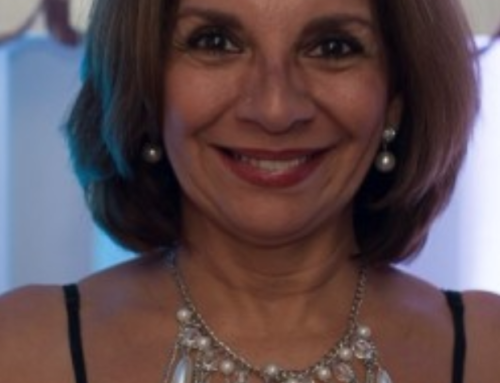
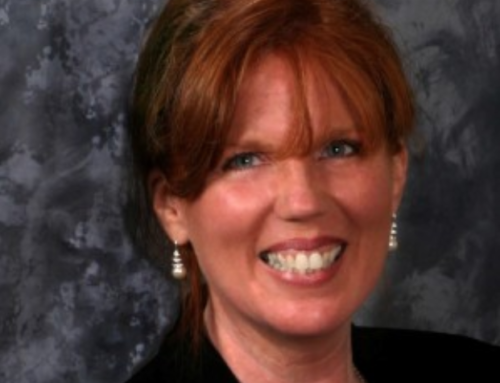
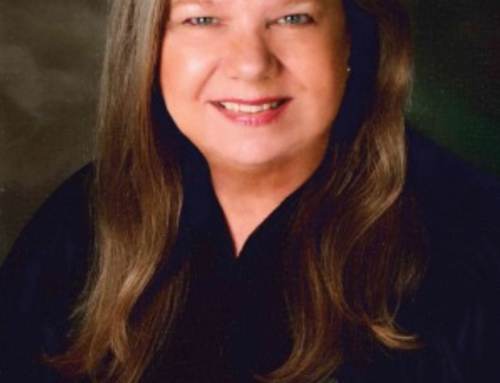
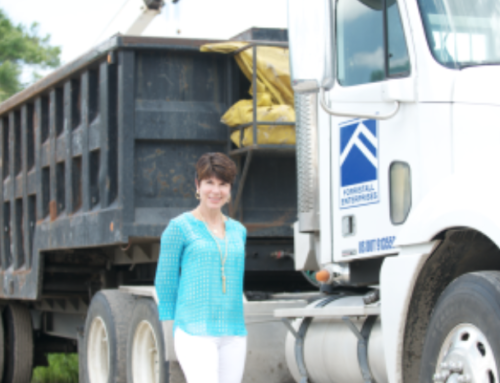
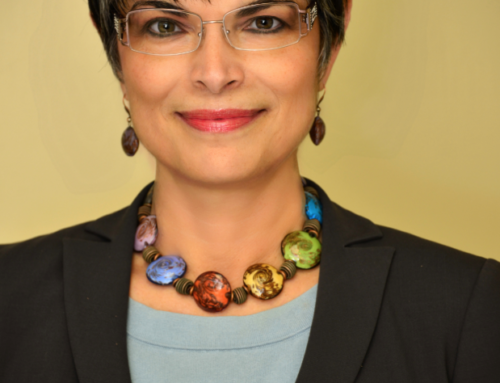
Leave A Comment